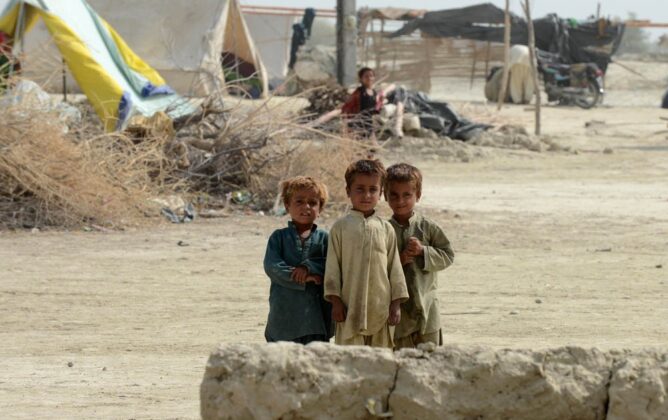
77 years after Independence the Pakistani state has yet to ensure that each one of its 240 million citizens have access to food, clothing and shelter. A recent initiative by the government of Punjab to alleviate the burden of food prices on the average citizen is therefore a welcome development and will hopefully be seen as a best practice by the other provinces.
As an editorial in Dawn notes, the decision “to abolish the corruption-ridden and inefficient food department, and replace it with the Punjab Price Control & Commodities Management Department is an important reform.” The new department “has been vested with a vast mandate to effectively regulate the supply and demand of politically important commodities — wheat, flour and sugar — control food prices, and supervise related industries, particularly the flour and sugar mills. The reform brings various agencies performing such functions as food quality assurance, agriculture marketing, wheat procurement, storage and sales, and consumer rights protection, etc, under one roof.”
However, the Dawn editorial warned “while the restructuring of food-related regulatory functions is welcome, there are concerns about the bureaucracy’s capacity to execute the tasks assigned to the new department.” Hence, “for the newly created department to work efficiently, it is crucial that the provincial authorities study what went wrong with the reform efforts at the FBR and elsewhere to make sure that those mistakes are not repeated.”
![]()





